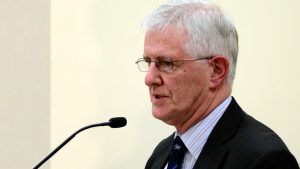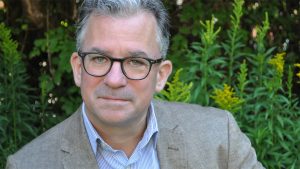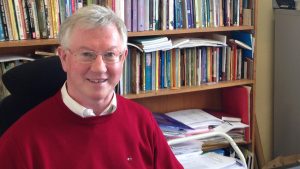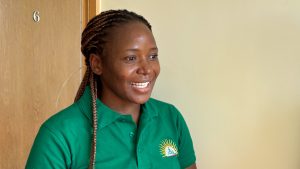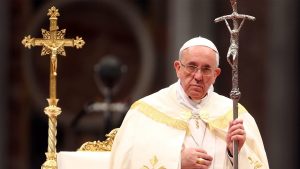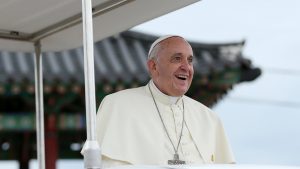Pierre Teilhard de Chardin
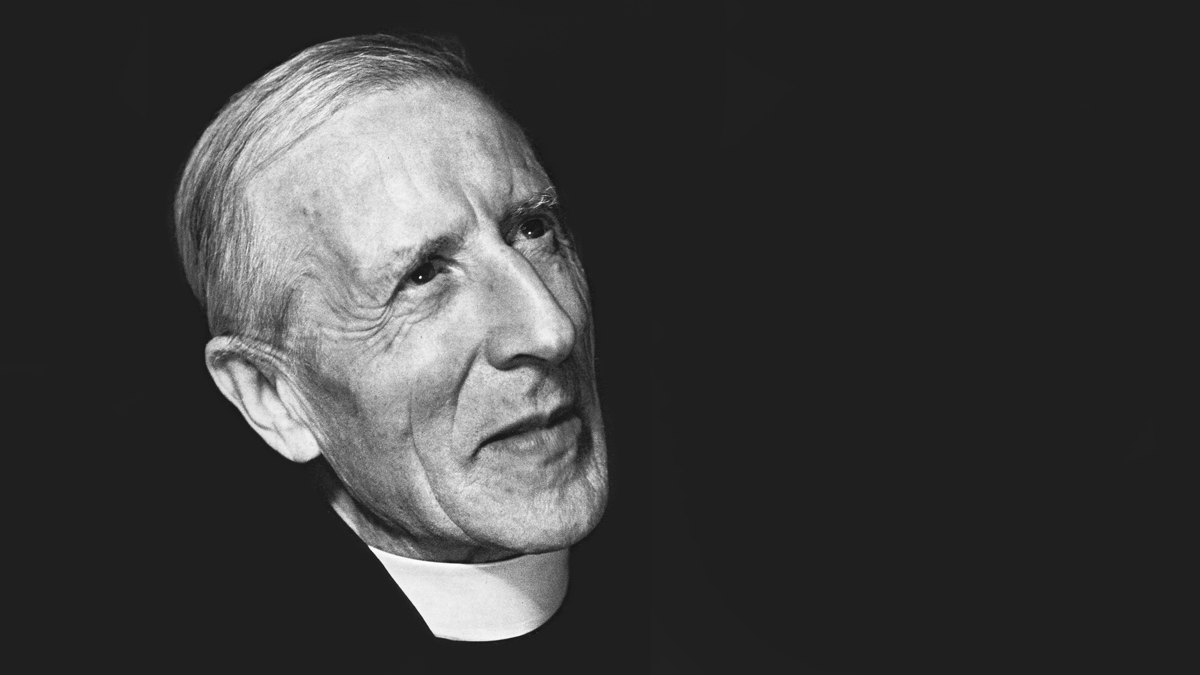
From its creation the Society of Jesus has attracted to it people of knowledge and intellect spanning well outside the realms of spirituality and theology. Few have gone so far in combining together the fields of religion and science as Pierre Teilhard de Chardin.
Pierre Teilhard de Chardin was born in the Château of Sarcenat near Clermont-Ferrand in France, in 1881. The fourth of eleven children, from a young age Teilhard developed a love of nature from his father, an amateur naturalist and geologist. Sent to the Jesuit College of Mongré, he studied philosophy and mathematics, before entering the Jesuit novitiate at eighteen. Between 1905 and 1908 he was sent to Cairo, where he taught chemistry and physics at the Jesuit College there. Teilhard was ordained a priest in 1911 at the age of thirty, while studying theology in England. Here he began synthesising his first ideas on the creation of the cosmos and how the evolution of humans fit into it, a subject of many of his later works.
While working in a palaeontology lab in the Natural History Museum in Paris, Teilhard formed part of the digging team for the controversial ‘Piltdown Man’, which was later identified as a hoax. Regardless, this sparked in him a desire for further study in the area of anthropology. Much was put on hold, however, with the outbreak of the First World War. Teilhard served for four years in the 8th Moroccan Rifles as a stretcher bearer, and while on leave in 1918 he made his final vows as a Jesuit. Following the war he studied geology, botany and zoology at the Sorbonne, before lecturing in geology at the Catholic Institute of Paris.
In 1923 Teilhard travelled to China for a laboratory collaboration and when he returned to Paris, found that the Church had forbidden him from teaching. His writings and teachings on the nature of evolution and original sin were not to the liking of Rome, so he was forced back to China in a state of semi-exile. Here in 1926 he joined the dig which revealed the Peking Man, who represented an important step in the evolution of humans. For twenty-three years Teilhard spent most of his time in China carrying out fieldwork across the country.
During this time too he wrote some of his most important works, such as The Phenomenon of the Spirit and The Phenomenon of Man. Deemed to be against Church teaching, Rome forbade the publication of his books. Teilhard spent much of his later life fighting against his superiors for works to be acknowledged. It wasn’t until after his death in 1955 that his books were finally published and his work on the interplay between spirituality and evolution was properly reviewed. Though controversial, many applaud his thinking as ahead of its time.
Patient Trust
Above all, trust in the slow work of God.
We are quite naturally impatient in everything
to reach the end without delay.
We should like to skip the intermediate stages.
We are impatient of being on the way to something
unknown, something new.
And yet it is the law of all progress
that it is made by passing through
some stages of instability—
and that it may take a very long time.
And so I think it is with you;
your ideas mature gradually—let them grow,
let them shape themselves, without undue haste.
Don’t try to force them on,
as though you could be today what time
(that is to say, grace and circumstances
acting on your own good will)
will make of you tomorrow.
Only God could say what this new spirit
gradually forming within you will be.
Give Our Lord the benefit of believing
that his hand is leading you,
and accept the anxiety of feeling yourself
in suspense and incomplete.


